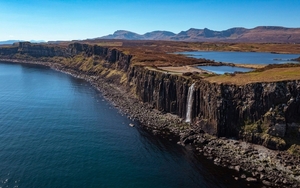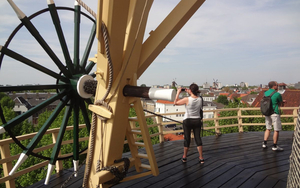MANCHESTER Science Festival turns ten this year and is entering double digits in suitable form. That is, with a galaxy of 130+ events, marking the finale of Manchester’s year-long reign as European City of Science.
Running over eleven days (20-30 October) this year’s programme is billed as ‘part laboratory, part playground’ and builds on MSF’s reputation as the boldest, most creative and most ambitious science festival in the country.
It’s also England’s largest, having last year attracted over 120,000 curiosity seekers with everything from musical premieres to cutting-edge exhibitions and even an a giant adult ball pool. This year’s itinerary is no less compelling: ok it doesn’t have a ball pool but you can expect a diverse selection featuring arts, screenings, life hacks, city tours, investigations, conversations, nocturnal gatherings, family fun, headline happenings - and even a trailer featuring astronaut Tim Peake, who will be at MediaCity on Saturday 15 October to answer questions about his recent mission in a free public event.
With so much choice, it’s hard to pick favourites but we’ve whittled down the itinerary to ten events that look particularly unmissable. Here goes...
For the world premiere of Cape Farewell’s annual Lovelock Art Commission at MSIM, artists HeHe - Helen Evans and Heiko Hansen - have taken inspiration from James Lovelock’s pioneering research. Now 97, the scientist is as subversive as ever - recently commenting that robots will have taken over by the end of this century - but it’s his Gaia theory (the earth as a self-regulating system) that Lovelock is best known for.
Depicting micro-climates, pollution and artificially engineered clouds in surprising new contexts, HeHe blur the boundaries between the natural and the manmade; asking us to consider society's role in environmental destabilisation, and how to forge a healthier future, as part of the Into the Blue environmental campaign.
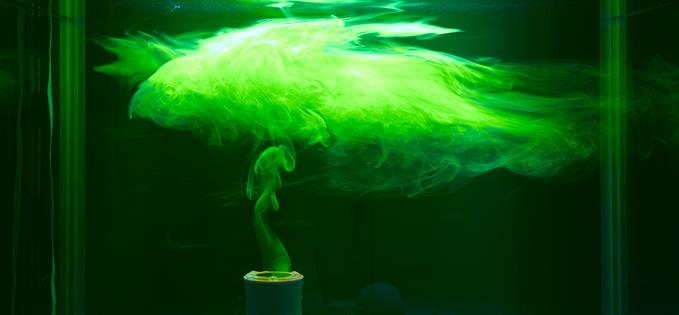
The Arndale isn’t the most obvious place to grab 40 winks but, with the launch of The Chronarium Sleep Lab, grabbing fifteen minutes’ kip in the city’s busiest shopping spot should be a doddle. As our public and private spaces become increasingly controlled by technology, it’s often hard to switch off when everything is always switched on; contributing to record levels of stress. Artists Rachel Wingfield and Mathias Gmachi’s unusual premise? Instead of always trying to leave technology behind (often unsuccessfully), we should find better ways to make it work for us.
Originally commissioned for Singapore’s FutureEverything Festival 2015, that’s what The Chronarium aims to do. The art installation-slash-public sleep laboratory is designed as an ‘antidote to non-stop city living’ and offers an immersive environment in which visitors can lie down, relax on hanging swings and hammocks and partake in an audio-visual experience that encourages refreshing powernaps.
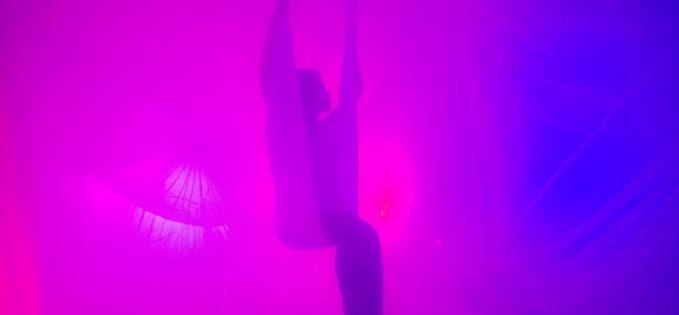
Feel the full force of the Hallé as the renowned orchestra performs starry scores from one of our best-loved film series. Covering episodes I to VII, you’ll hear some of John Williams’ most famous cinematic compositions; from The Phantom Menace to The Force Awakens and every episode in between. This concert packs more punch than an imperial blaster and we’re told to ‘dress to impress’. Oo-er.
Why not make the most of an atmospheric evening by enjoying a pre-show discussion? Presented by Tom Redmond, The Science Behind Star Wars is free to ticket-holders.
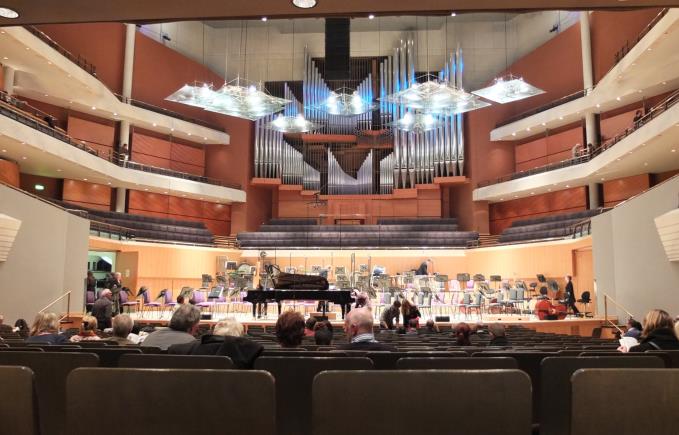
One of many events that all generations can enjoy, the Virtual Reality Playground will showcase the very latest in VR devices. Once the preserve of sci-fi, this new technology is now being used in everything from entertainment to education. Try out different gadgets and see what the future holds - you never know where you’ll find yourself...
Don’t miss Aeon either, which puts audiences at the centre of a dramatic medical scenario, aided by scientific experts. Following the event, an immersive multi-platform story app will be launched to give further context; exploring the outbreak of a virus and the questionable moral conduct of fictitious medical research.
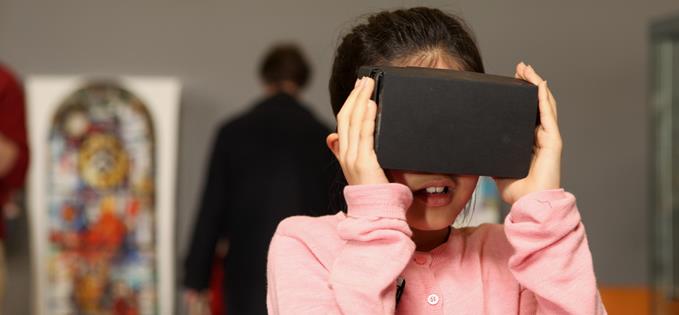
ROYAL SOCIETY SCIENCE EXHIBITION
From astronomy and our environment, glaciers and our gut, this exhibition is a collision of the UK’s most exciting new science and technology. Meet scientists from across the country and get stuck into interactive activities for all ages.
Robots might not have taken over the world quite yet, as per Lovelock’s prediction, but they are seemingly playing music. You’re not likely to see anything like this again in a hurry - an orchestra, formed entirely from recycled instruments, electronics and junk - performing alongside human musicians for the first time. This unique musical experience will be conducted by Graphene, a life-sized robot built by Festival Headline Sponsors Siemens.
Museums of the New Age also promises an atmospheric soundscape. Jean-Philippe Calvin, composer-in-residence at London’s Science Museum, has created a new score for the 1927 silent film. This will be screened as the music plays, before a discussion on science, museums and society in the early 20th century.
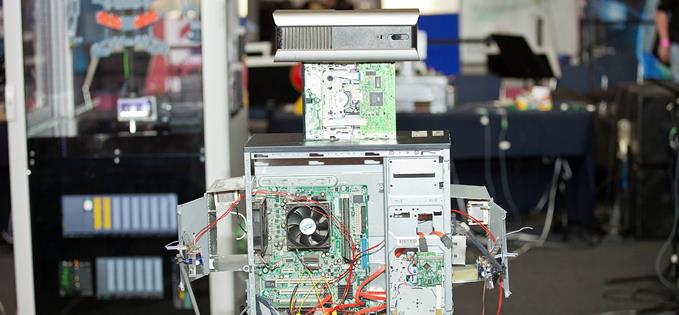
How do different nations approach childbirth? Watch the plays of seven leading female writers from Brazil, China, India, Kenya, Syria, UK and the USA as they examine the vast inequalities in worldwide healthcare. This provoking series, commissioned by the Royal Exchange, is a European City of Science pick and investigates one of the most shocking truths of our time: that millions of women and children die from preventable causes every year.
Accompanying studio events cover issues like imprisonment, babies born into refugee camps and the unrealistic expectations of motherhood that media often perpetrates. More info here.
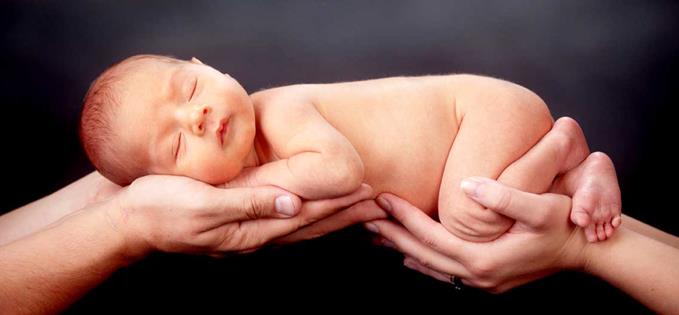
Dust off your tuxedos and cocktail dresses for a night at the casino… all in the name of science. Don your poker face as psychologist Paul Seager uncovers the shifty science of bluffing and try your luck as mathematician Katie Steckles reveals the probability of drawing particular cards and dice rolls. Neuroscientist Nicola Ray explores how important brain regions are ‘hijacked’ by the games played during gambling. Somewhat ironically, the same regions that are responsible for ensuring we eat, procreate and fall in love are also the ones that ensure we keep playing - even when we’re losing.
Hungry for more? This event is part of the adult-focused Science After Dark, which happily also boasts a food and booze strand. Tuck into a menu of sustainable foods at the Marriot Victoria and Albert, or head down to The Runaway Brewery to enjoy a microbe menu curated by Grub MCR. Chethams’ Rumnaissance and Whiskyology events should be, er, intoxicating - and if caffeine’s more your thing, visit Grindsmith and Insert Coffee to Begin.
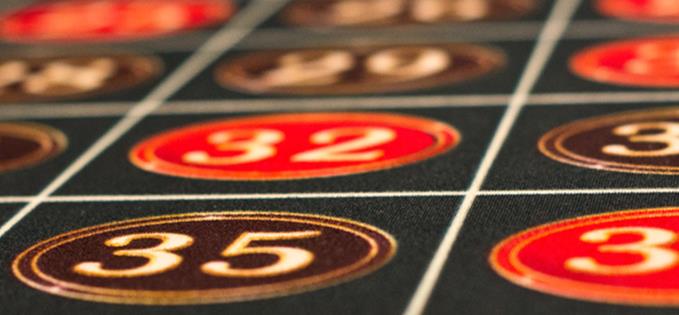
Ever since mathematician Alan Turing (pictured below) asked ‘can machines think?’ at a 1949 seminar on artificial intelligence, the answer remains as intriguing and elusive as ever. Will science fiction ultimately become science? Dr Jonathan Swinton will talk about the pioneering meeting; which saw a remarkable mixture of economic migrants, asylum seekers and local talent. You’ll also hear a rare recording from 1976 by Max Newman, discussing Turing and his work, and discover why this local genius remained so long omitted from Mancunian history.
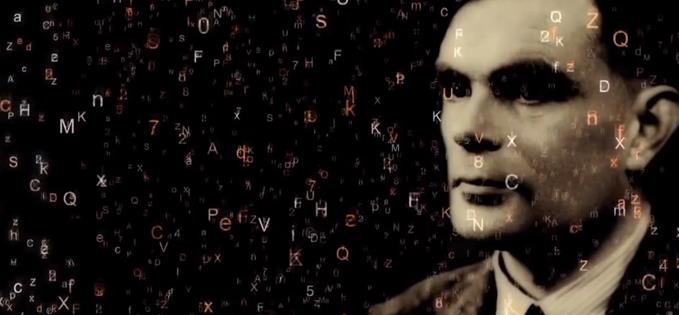
Di Mainstone navigates the fascinating overlap between science and art, which some dictionaries tellingly describe as synonymous. After a residency at No 70 Oxford Street, during which visitors could witness its development, artist Mainstone will now be presenting her Sensory Soundpit piece at MSF.
What does the world look like when you perceive sound through your hands and eyes, as well as your ears? Enter an immersive, tactile environment where sound is represented by shape, touch, motion and visuals - inspired by current neuroscience research into the way the brain responds to sound.
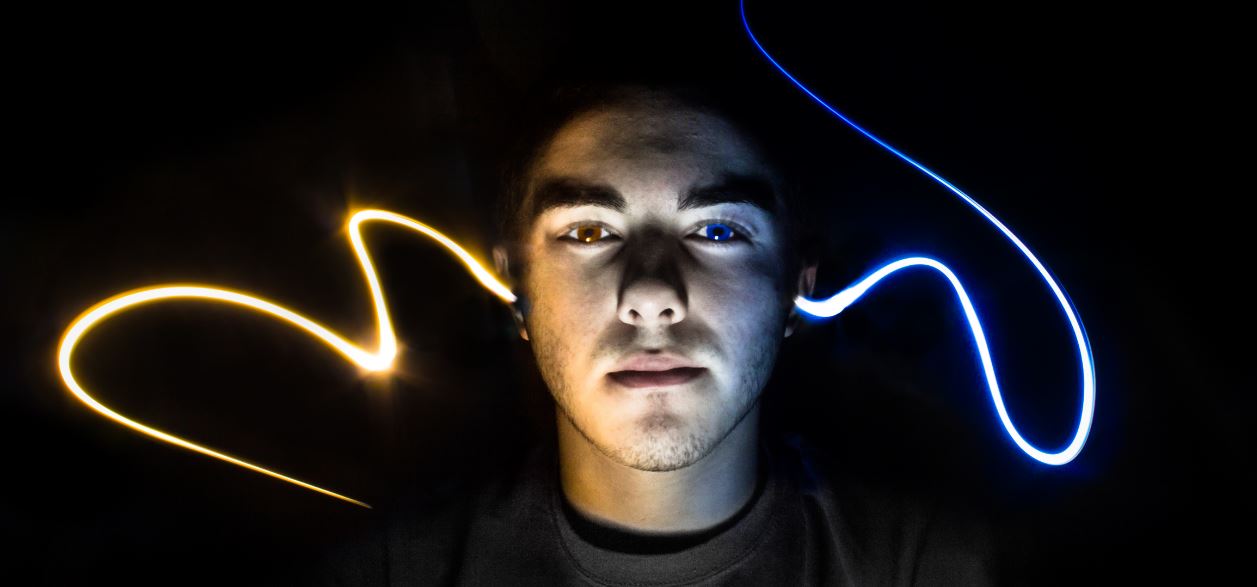
Manchester Science Festival takes place from 20-30 October. More info @McrSciFest
 Powered by Wakelet
Powered by Wakelet












